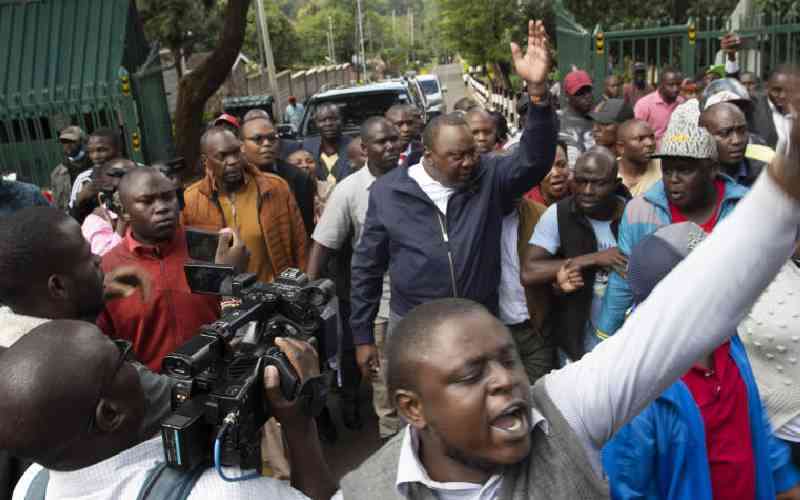
The people of Mount Kenya region seem to be lost in the wilderness of political identity, looking for a 'Matiba', but finding none. Although those who imagine themselves to be leaders are many, the Mountain is experiencing leadership poverty.
The source of this poverty is the collective loss of spiritual and cultural well-being; the neglect of the iregi injunctions and belief in basic human decency which guide the two principles of ugima and kihooto. While ugima is the ability to display maturity and proportionality after going through adult initiation rituals, kihooto is upholding sense of justice and fairness in everything.